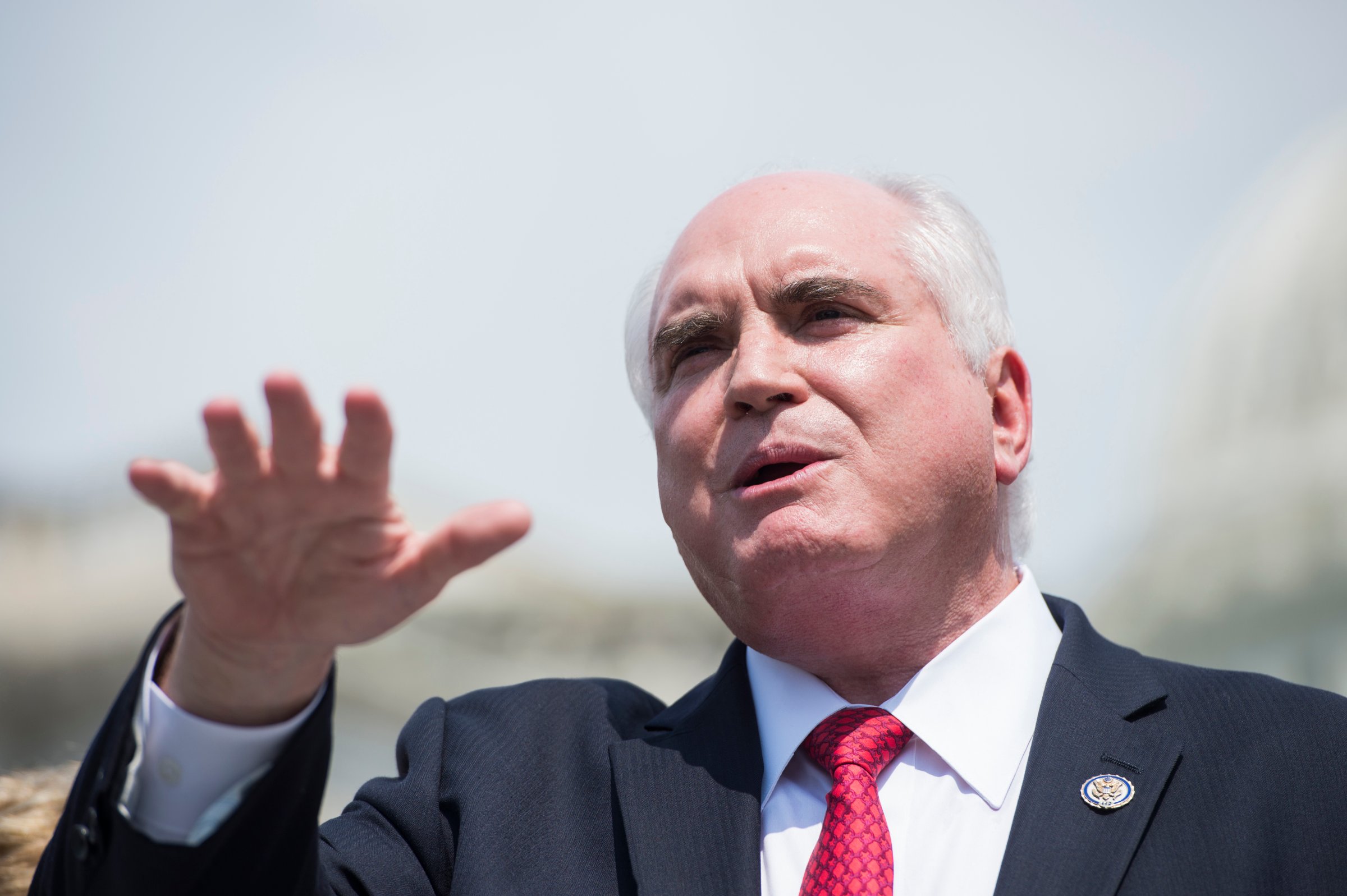
The debate over whether or not to enact the Bipartisan Congressional Trade Priorities and Accountability Act of 2015 is entering the final stretch, and, as common in Washington, fiction is overtaking fact. As a result, should-be supporters are unnecessarily torn.
The legislation, approved by the Senate and on its way to the House floor, will establish a key policy partnership between the legislative and executive branches known as Trade Promotion Authority (TPA). Most observers call it “fast track” since it allows for easier congressional consideration of worthy trade deals like the Trans-Pacific Partnership (TPP).
Despite its nickname, TPA is carefully designed to give Congress a prolonged and unprecedented oversight role in the crafting of any trade agreement that a president may seek to negotiate. It is a critical watchdog mechanism for guaranteeing strong, job-creating agreements like TPP that will benefit American workers and ensure that our country is both shaping and dominating the global economy.
Most Democrats in Congress dislike both TPA and TPP for predictable ideological reasons. Many Republicans, however, seem to grasp the vast importance of the latter but are having trouble signing on to the former. They support the destination—pro-growth trade deals—but not the route for getting there.
This resistance stems mainly from a reluctance to grant President Barack Obama anything resembling more authority, along with the mythical notion that TPA would do such a thing. Yet an analysis by the nonpartisan Congressional Research Service has fully confirmed that “TPA grants no new authority to the President.”
Nevertheless, many conservatives are still wary of approving TPA because of Obama’s well-known appetite for unilateral action and apparent flagrant distaste for the Constitution’s separation of powers. They believe his failure to uphold the “take care” clause and enforce laws he doesn’t like to be equally foreboding.
As a vocal critic of the president, I strongly sympathize with these concerns.
When it comes to respecting the boundaries of his authority, Obama has indeed proved to be untrustworthy. I believe his executive overreaches on health care, immigration, environmental protection, and other issues have been outrageous and thus wholeheartedly concur that there is no good reason to grant him new power or to cede him any power currently possessed by Congress. Fortunately, TPA does neither of these things.
Again, as conservative legal expert John Yoo has written, “Under fast track, the president does not exercise any new authority that he lacked before.” In the words of conservative columnist Charles Krauthammer, “There is no congressional forfeiture of power.”
If anything, distrust toward President Obama should make TPA more desirable, not less.
From the onset, TPA includes nearly 150 objectives determined by Congress that an administration must pursue while at the negotiating table. These include rules for intellectual property rights, protections for cross-border data flows, currency manipulation restrictions, and even human rights provisions, among many others.
During the course of negotiations, TPA empowers any member of Congress to review a trade deal’s text as it is being decided and to receive detailed consultation from the U.S. Trade Representative at any time. Before a completed agreement can be signed by the president, the text must be made public for 60 days. Any legislation to implement the agreement must then sit in the public’s view for 30 more days before the president can ask Congress to consider it.
In other words, TPA makes it virtually impossible for Obama or any future president to keep the American people or their elected representatives in the dark.
Only if an administration follows every Congress-written negotiation objective and satisfies every Congress-centered consultation requirement can a trade agreement then receive a final vote in Congress. If an administration fails to fulfill its duties, then Congress can effectively turn TPA off—killing the trade deal in question altogether. And even once an agreement does get its day on the floor, there is still no guarantee that it will pass.
Considering all of the ironclad boxes that a president would have to check in order to turn his or her desired trade deal into reality, there is really nothing “fast” about TPA at all. In truth, a more accurate nickname for it would be “safe track” or even “smart track.” With TPA enacted, caution and wisdom in the name of American interests will accompany a trade deal’s creation from start to finish.
With 96% of the world’s customers living beyond our borders, opening new markets to American products and services is not just vital for competing on the world stage—it’s indispensable. Under TPA, Congress will always be in the driver’s seat and writing the rules of the negotiating road while the United States—not China—continues to write the rules of the global economy.
As the saying goes, even a broken clock is right twice a day. When it comes to TPA and the trade agreements to follow, the current administration is the broken clock. Conservatives in Congress should recognize the opportunity at hand and grant a crucial victory to the principles of American dominance, domestic prosperity, and government accountability that we hold so dear.
More Must-Reads from TIME
- Inside Elon Musk’s War on Washington
- Meet the 2025 Women of the Year
- The Harsh Truth About Disability Inclusion
- Why Do More Young Adults Have Cancer?
- Colman Domingo Leads With Radical Love
- How to Get Better at Doing Things Alone
- Cecily Strong on Goober the Clown
- Column: The Rise of America’s Broligarchy
Contact us at letters@time.com